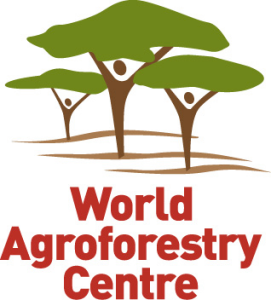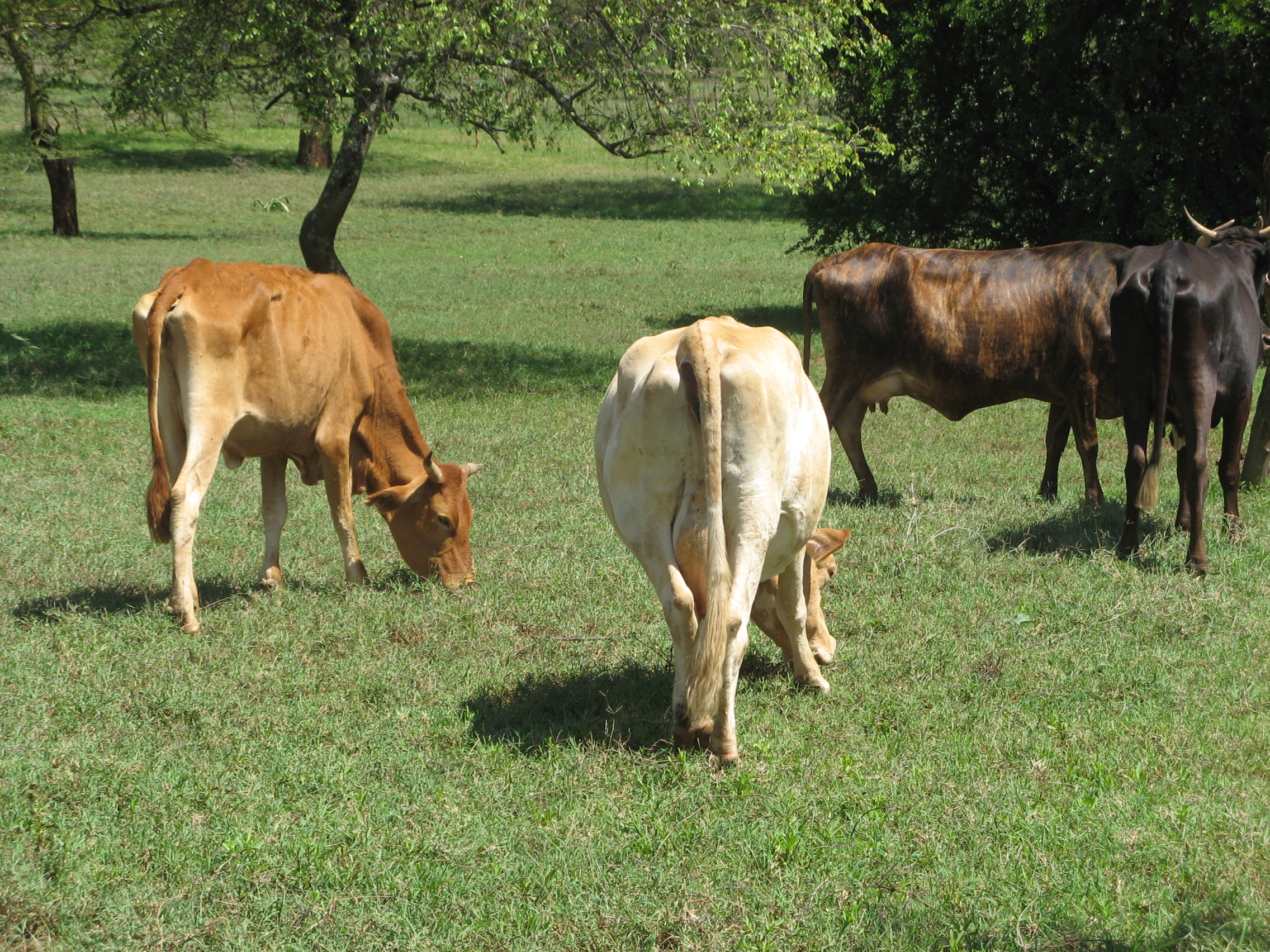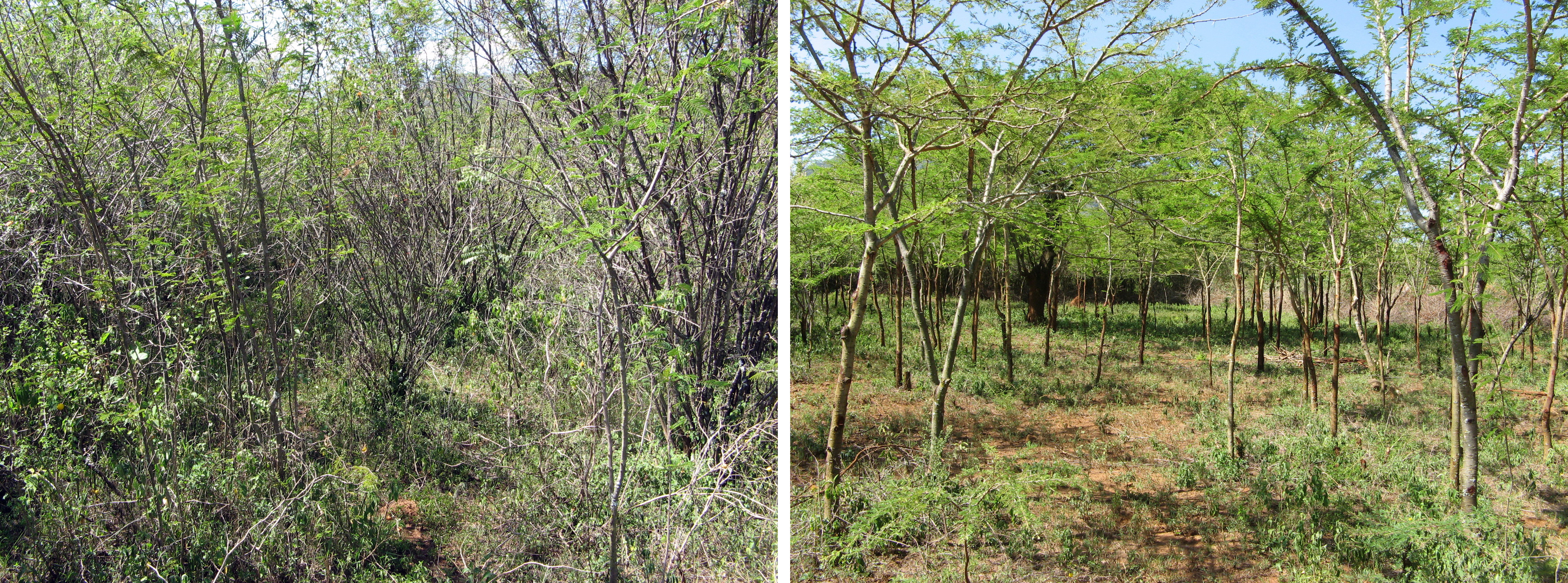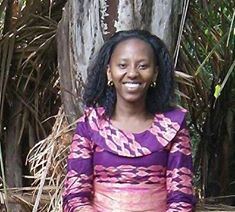
It’s never too late to begin restoring the land: the story of Nelson Morogo
January 20, 2015
| This story draws on the progress of World Vision Australia’s FMNR for East Africa project funded by the Australian Government’s aid agency |
 |
 |
 |
Nelson Morogo, a 70 year old retired senior chief (image on top), is one of the many FMNR beneficiaries who despite his age, has beat all odds to become an example in Chemasis village in Nakuru County. As one of the FMNR extension agent, he is leading by example. “When I first heard FMNR, the term was very unique to me but after being introduced to it, I liked it and agreed to being one of the extension agents in my village” states Nelson Morogo. After training, he first began by paddocking his farm and set aside one hectare of land for FMNR. After 4 months of setting aside the land, he realized massive grass growth. “To date I have managed to harvest 106 bags of grass which will be enough to feed my cows for 4 months. My milk production has increased from 10 litres to 28 Litres per day, which I supply to the dairy at 45 shillings per litre. This has changed my earnings from Ksh450 ($5) to Ksh1260 ($14) per day”, says a delighted Morogo. The Dairy Society recognized the increase, and sent him a congratulatory letter equally expressing interest in understanding the FMNR secret that had led to this. The dairy society has subsequently requested FMNR training for the rest of its members.

From the proceeds he got from firewood and milk, Morogo has started bee keeping on his FMNR site. He has 2 bee hives and plans to add eight more. “I am now waiting to harvest the honey in 3 months’ time and this will boost my income after selling it.” He continues to narrate. More to that, Morogo has also started tomato farming and anticipates to harvest 20 crates and sell at 3000 per crate. This will earn him Ksh60,00shillings ($668) This growth in crop production income is as a result of the extra income generated from the sale of the milk which was realised as a result of increased pastures resulting from the FMNR practice in his 1 hectare piece of land. “I am happy that I live a better life unlike before since I am able to cater for the needs of my family without straining” says Morogo.

To date Morogo’s farm has been one of the Farmer Field School site for FMNR where 41 farmers have learned of the concept. From a retired chief, Morogo has become one of the facilitators on FMNR whenever his farm is used as a learning site. “FMNR has changed my life and now I am more valuable than before. I have taught many and very big people have visited my farm”, he concludes as he looks upon a pile of firewood harvested. So far, Morogo Nelson has since sold 100 bundles of firewood at 100 shillings per bundle earning him 10,000 shillings ($111).

Caroline Njiru is Project Officer for Farmer Managed Natural Regeneration at World Vision Kenya. She works with communities, project staff and government to promote the FMNR movement in Wema, Kiambogoko and Mogotio districts, in the Central Rift Valley
